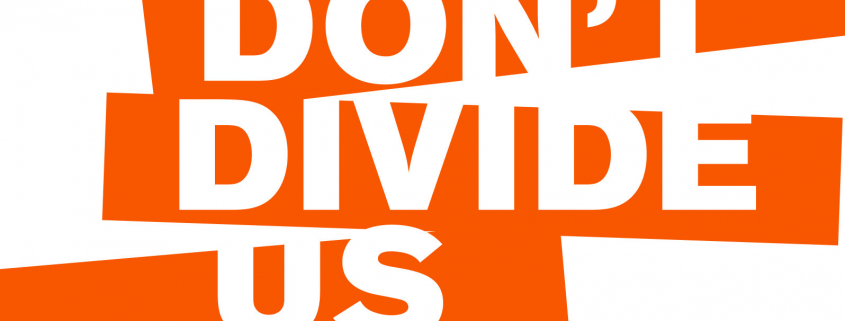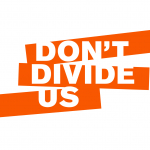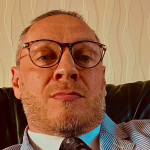Statement from the director of DDU on the Rethinking Education conference
Dr Alka Sehgal Cuthbert was invited to take part in a discussion on indoctrination in education at the Rethinking Education conference. However, in the run-up to the event, she was contacted by the organisers asking her to withdraw because seven anonymous speakers and delegates (not Alka’s fellow panelists) had declared they would not take part as Alka’s views were a threat to their psychological safety. The organisers of the session then cancelled it altogether in protest at this disinvitation. Here, Alka responds to what happened and an apology by Dr James Mannion.
I accept the apology from the organiser of last Saturday’s Rethinking Education event, Dr James Mannion’s for disinviting me from speaking at a session titled ‘What is Indoctrination and How Can Schools Avoid It?’. I was disinvited following claims from seven people (speakers and delegates) who told him that they would feel unsafe and distressed if a representative from Don’t Divide Us (DDU) was present.
The session was convened by Toby Marshall, a member of the Academy of Ideas Education Forum. After speaking with me, he decided not to go ahead with the session. It was a rare act of solidarity, much appreciated, as well as recognition of the absurdity of going ahead with a session on indoctrination in education without a speaker who has been disinvited. The loss of a session on probably one of the most intellectually and politically challenging topics in the programme was considered to be a price worth paying to assuage claims of psychological safety. Here I disagree with Dr Mannion who, during our communication, said this was a precondition for free debate. In my view, this is logically incoherent and is far from being an uncontested claim in the field of psychology.
I also disagree with Dr Mannion’s claim that he was not taking a stand on DDU. In disinviting me, he had made a judgment – one that prioritised the claims based on the spurious concept of psychological safety over my 30+ years’ experience in education, my doctorate in the Sociology and Philosophy of Education from Cambridge University, and subsequent academic work on the relationship between public morality, democracy and education. I am more than qualified to speak at a session entitled ‘What is Indoctrination in Education and How Can Schools Avoid Doing It?’
I don’t know who the seven complainants are. It is not, as far as I know, my academic work which scares them. It is the fact that I work for DDU – a campaign whose central tenets are antithetical to the new ideology, based on Critical Race Theory, which advocates that Britain is structurally racist; that equity requires treating people as group members according to skin colour; and that any dissent is a form of blasphemy to be punished. Nevertheless, we believe in liberal Enlightenment and universal values along with the majority of British citizens (who have never been more multi-ethnic).
In democratic societies, it is completely legitimate to disagree, criticise or mock our beliefs in public forums. It is not legitimate to morally stigmatise them by implying that they are unworthy of respect – or even that it is morally wrong to express them without providing compelling reasons. Adults who consent to meet in public forums, but then claim protection from views with which they disagree on grounds of psychological safety are effectively redefining what it means to be a good citizen from one of moral autonomy to one of compliance. This has always been a feature of authoritarian societies. So, to accept the claims of the seven complainers (who remain anonymous) is ultimately to undermine the intellectual and moral integrity of our public culture; despite empathising with the situation Dr Mannion faced, we think his first duty is to freedom of speech over psychological safety
Despite our disagreements, I thank Dr Mannion for his apology and for his subsequent invitation to host a recording of the discussion on the Rethinking website. I hope this will be possible and would be very happy to discuss our points of difference in a public forum. While agreement on the balance of freedom and safety may elude us, from the discussion greater conceptual clarity could emerge, no bad thing in itself. In addition, DDU is organising an event with the Free Speech Union (FSU), who have provided DDU with guidance and support, on a similar theme, on Monday 16 October. (See the letter from FSU’s Toby Young to Dr James Mannion here.) When full details are confirmed, we’ll post on our website and social media. And I will be speaking at the Battle of Ideas festival, which takes place in London on 28 & 29 October.
So, I may have been disinvited, but I am not cancelled – and maybe the whole episode indicates that it may be possible to have profound disagreement, retain a common civility and freedom of speech!


